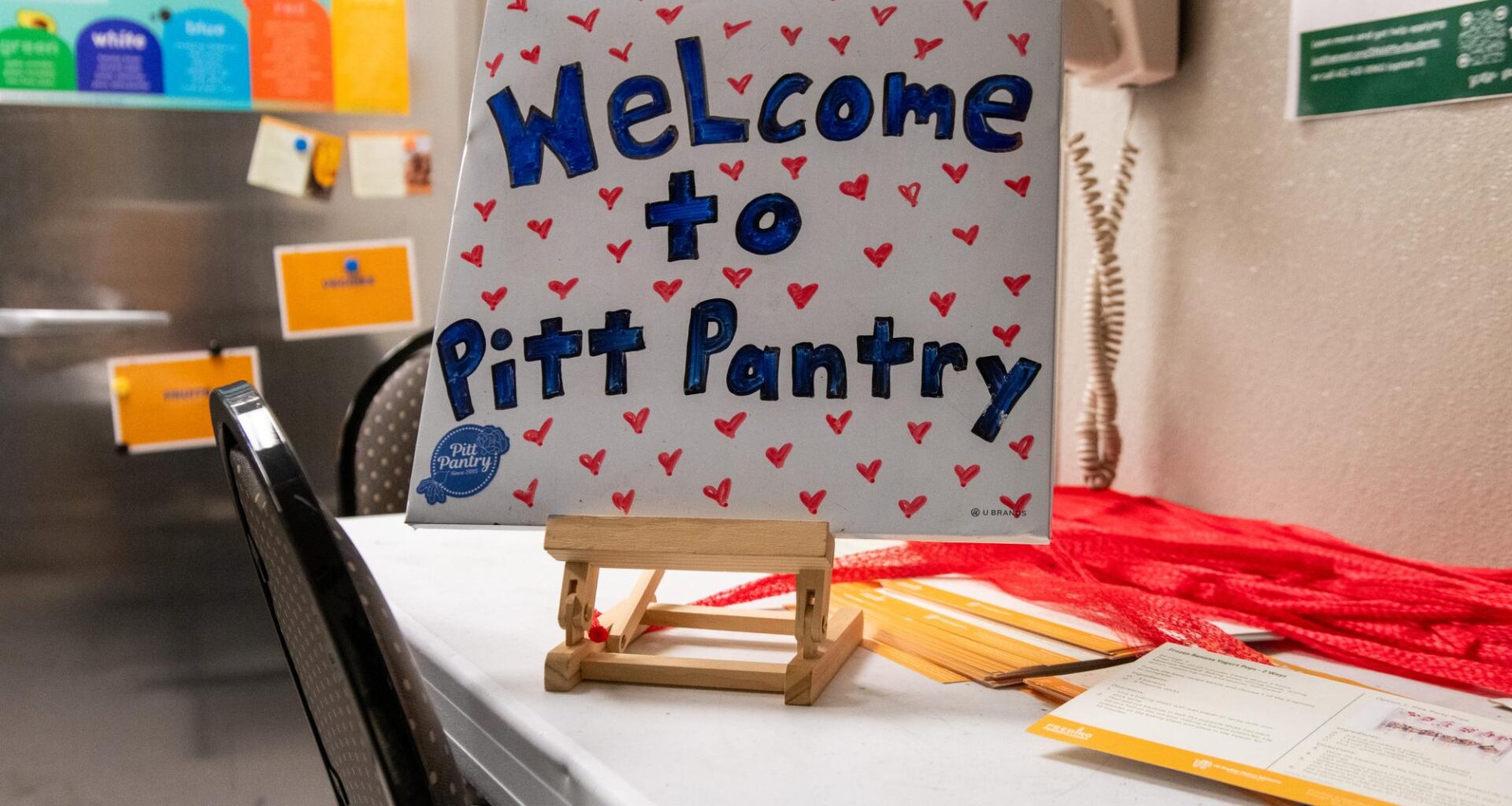Amid rising need and federal cuts to food insecurity research, Pitt is partnering with Temple University to track food insecurity data and provide resources for students.
In late September, the Trump administration canceled the Household Food Security Report, the only federal survey tracking food insecurity in the United States.
College students are facing food insecurity at historically high rates — an estimated three out of five college students currently do not have their basic nutritional needs met. In Oakland, residents navigate living in a food desert and having to travel for necessities.
The Department of Agriculture called the report “redundant, costly, politicized and extraneous.” Prior to its cancellation, the department released reports every September since 1999, monitoring national food security data.
Sarah Ramaley, assistant director of basic needs at Pitt, described how Pitt tracks food insecurity on a local scale and mitigates the effects of federal cuts.
“The Care and Resource Support office tracks Pitt Pantry, Emergency Funding and Emergency Meal Swipe usage,” Ramaley said. “Student Affairs is currently conducting the Undergraduate Student Needs Research Survey, which is a national survey conducted by the Hope Center for Student Basic Needs at Temple University.”
Pitt participates in the survey alongside over 500 universities to gather local statistics and address how campus resources can help students in need.
“The survey assesses basic needs and insecurities such as food, housing, transportation, utilities, technology, public benefits, etc.,” Ramaley said.
The survey uses this data to advocate for systemic policy change and provides colleges with coaches to increase education and accessibility to public resources.
Students in need at Pitt can access resources such as 30 emergency meal swipes through PittFund$Me or apply for a one-time $600 emergency fund.
In surrounding Pittsburgh communities, food pantries are monitoring an increasing need for emergency food support. The Greater Pittsburgh Community Food Bank recently published their annual statistics, demonstrating the highest need in the organization’s history.
Jesse Sharrard, Director of the JFCS Squirrel Hill Food Pantry, said his facility responds to local needs on the spot rather than relying on data reports. He believes that data reporting cannot accurately predict community needs that depend on shifting political environments.
“The current situation at the federal level is such that even that report, if produced, would be hard-pressed to tell us what to expect,” Sharrard said.
Sharrard said he also witnessed a rise in local insecurity.
“We see the results of these policies without having to look at a report, in the form of more people coming to our doors for food each month,” Sharrard said. “Our slowest month in 2025 has been busier than our busiest month in 2024, and the numbers continue to rise.”
In addition to witnessing overall impacts, Sharrard also said he feels that food insecurity has decreased as a political priority.
“Our only expectation is that need for food will continue to rise into the foreseeable future, in large part as a result of federal policies that have prioritized tax relief for the wealthy over food and medical assistance for the poor,” Sharrard said.

